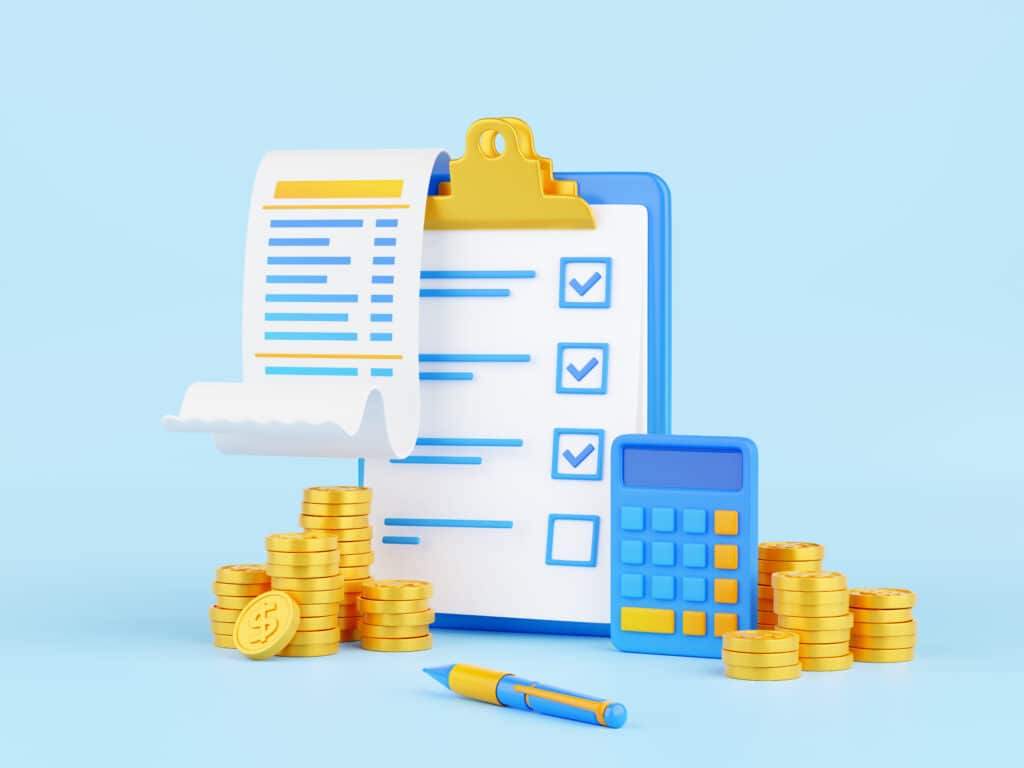At what age can you start building credit and what are some ways to help your kids do it? Today, we’re breaking down some of the most asked questions when it comes to credit and kids. We’re also going to talk about how to establish healthy credit-building habits and what parents can do to steer their kids toward a better financial future.
The Benefits of Establishing Credit Early
Before we answer at what age can you start building credit, let’s first consider why you should even build credit. There are many potential benefits, especially for those who start young or have their parents start for them.
In fact, after keeping the total debt low and making on-time payments, the length of your history is the most important factor in achieving a good credit score. Potential lenders like to see that you can keep credit accounts in good standing for a long period.
According to research done by Experian, Gen Xers, and Baby Boomers are most likely to have the perfect 850 credit score in the United States. That shows that clients with long credit histories have a major advantage.
With a strong credit history, it will be easier for both you and your kids to make future financial decisions. That includes purchasing a car, buying a home, or even obtaining a business loan. What’s more, with great credit scores, your kids will also be able to get lower interest rates and better terms on potential loans, all of which will save money in the long run.
Another benefit of building credit at a young age is that it can help your kids avoid credit traps in the future. Credit card companies and lenders often target college students with tempting deals. However, without a strong understanding of credit and credit management, students can fall into traps, suffering the consequences for a long time.
Building Credit Today for the Future
Not having built their credit at an early age, many young adults become credit invisible. Those who are credit-invisible need a record to prove their ability to borrow money, which can make life more challenging.
By building strong credit today, your kids will be able to qualify for the best rates on credit cards and loans down the line. These are incredibly important factors that can affect home and car insurance rates.
With an excellent credit score, you or your kids might be able to qualify for the best rewards credit cards.
At What Age Can You Start Building Credit
Now, let’s answer the most important question of all: At what age can you start building credit? Generally speaking, the minimum age a child can start building credit is 18 because that’s the age they can legally sign a contract.
However, age restrictions will vary by state, financial institution, and financial products. That means that individualized policies will affect how early a child can establish their credit. Luckily, if you don’t want to wait until the age of 18 or even 21, there are other steps to take.
You should also know that while only people over 18 can have credit scores, minors can still have a credit report. A minor can have a credit report if:
- An adult added the minor as an authorized user
- An adult opened a joint account in the minor’s name
- The minor’s identity was stolen and used to open a credit account
- A credit agency has erroneously created a profile in the minor’s name

Helping Your Children Build Credit
Now that you know at what age can you start building credit, you should also know you have many options if you want to start earlier. When it comes to helping kids build credit, you can do it before and after they turn 18.
Before They Turn 18
Barring the circumstances we’ve listed above, credit bureaus don’t typically generate credit reports for minors. However, there are a few different ways parents can help their kids under 18 build credit. One of those ways is by adding your child as an authorized user on your credit card.
Most financial institutions and credit card companies allow primary cardholders to add additional users to their accounts. When you add an authorized user, all of their spending will appear on your credit card bill.
So before you add your child as an authorized user, it’s important to make sure they have a good grasp on money management and know how credit works. Also, it’s worth noting that you should only add your children as authorized users if you’re certain your scores are good and you can keep them that way.
Another option to help kids build credit is by opening a checking or savings account in their name. By opening a bank account before they turn 18, you can help teach kids the most important financial lessons when it comes to budgeting, money management, and more.
After They Turn 18
Whichever option you land on, you have to make sure kids have a firm grasp on financial topics. They should understand interest rates, debt management, loan repayment terms, compounding interest, and more. All of those lessons will help them manage their credit better and have a strong financial foundation.
Also, even if you haven’t started building credit for your kids when they were minors, you still have many options available. For one, you can assist them when it comes to researching financial institutions, as well as other types of credit.
Beyond credit cards, there are other credit products that your kids could benefit from using. There are credit-building loans, personal loans, student loans, and more. Before you or they commit to any one product, your children must understand the terms. What’s more, they should know how it would fit into their financial future and goals.
You also can help them open their first secured credit card. The process can be somewhat complicated and some financial institutions also require a cosigner, which is another way you can help.
Final Thoughts
We hope to have answered at what age can you start building credit and how to go about it. However, if you feel like you or your kids aren’t quite ready for credit, loans, and rates – a debit card might be the way to go.
With the BusyKid Spend Card, your kids will have all of the spending freedom without the potential perils of credit. The card is secure, convenient, and backed by the Visa Zero Liability policy.
Coupled with the BusyKid app, the debit card can help teach the most important financial lessons while practicing money management. Scan to get BusyKid and learn more!
* BusyKid Spend Card is issued by MVB Bank, Inc., Member FDIC, pursuant to a license from Visa®️ USA Inc. Cliq® is registered ISO/MSP of MVB Bank, Inc. All cardholders funds are insured by the FDIC in accordance with the FDIC’s applicable terms and conditions. For more information about your card terms and conditions including the VISA Zero Liability policy go here. Cliq®️️ is registered ISO/MSP of MVB Bank, Inc.














